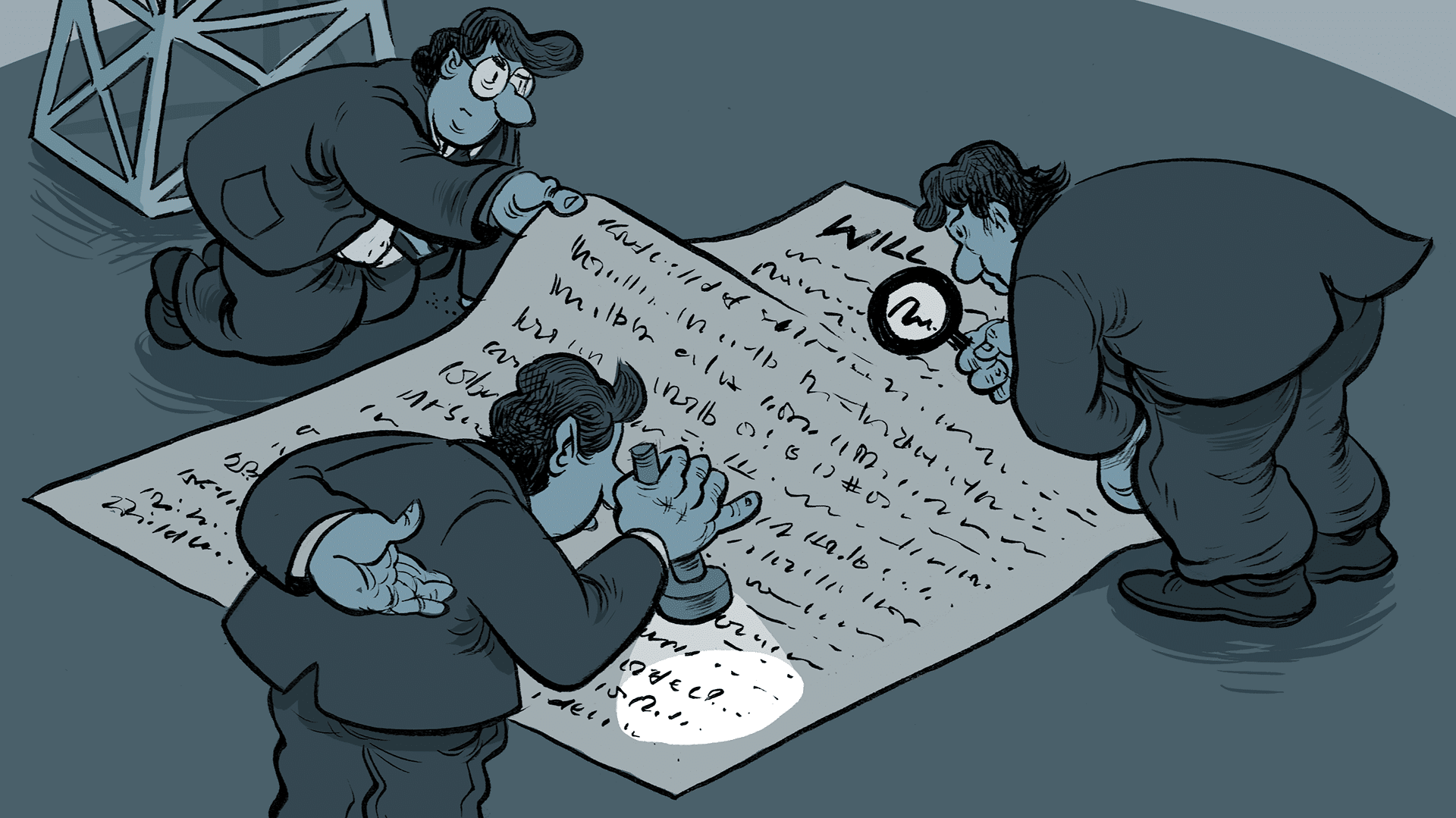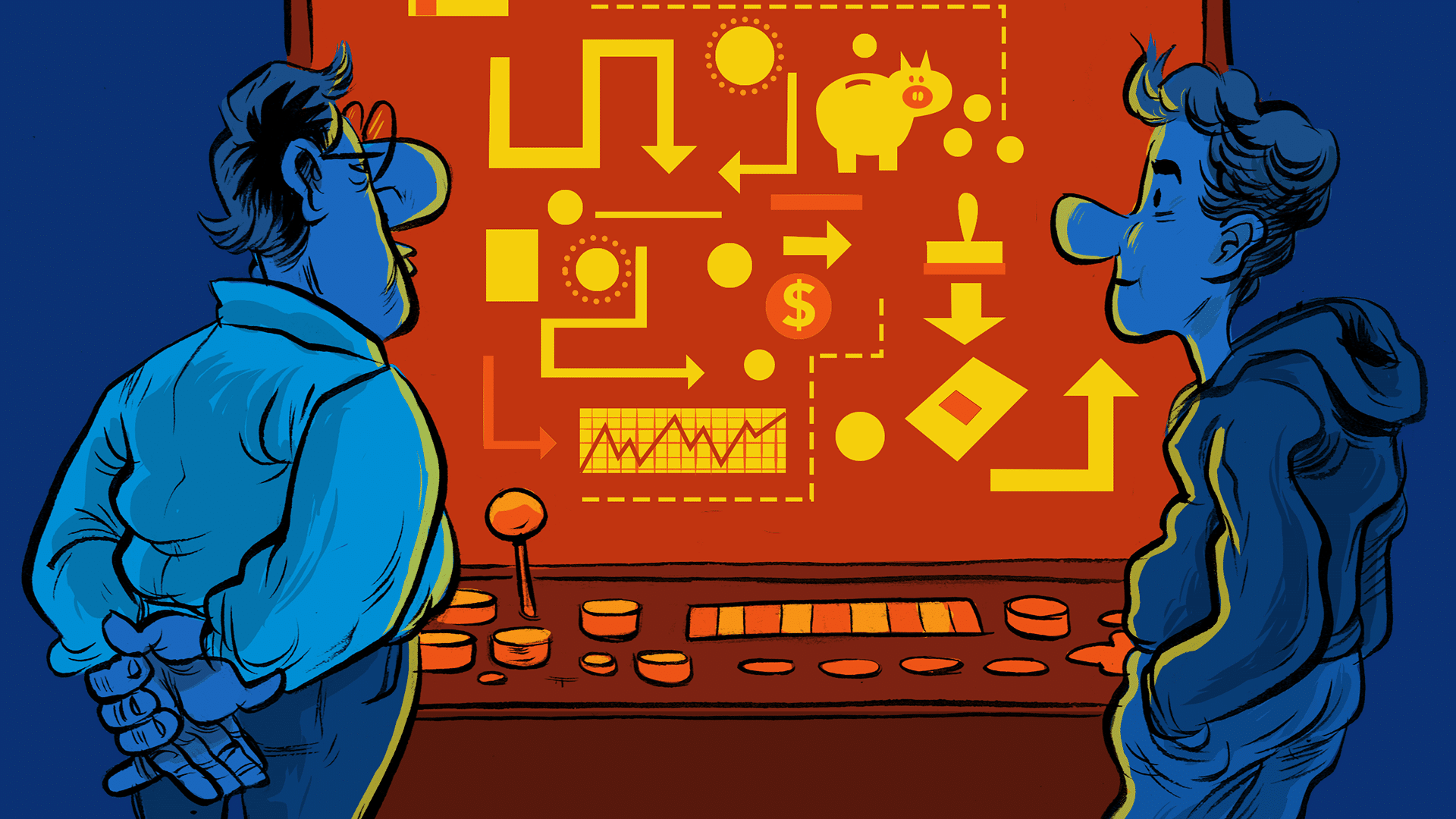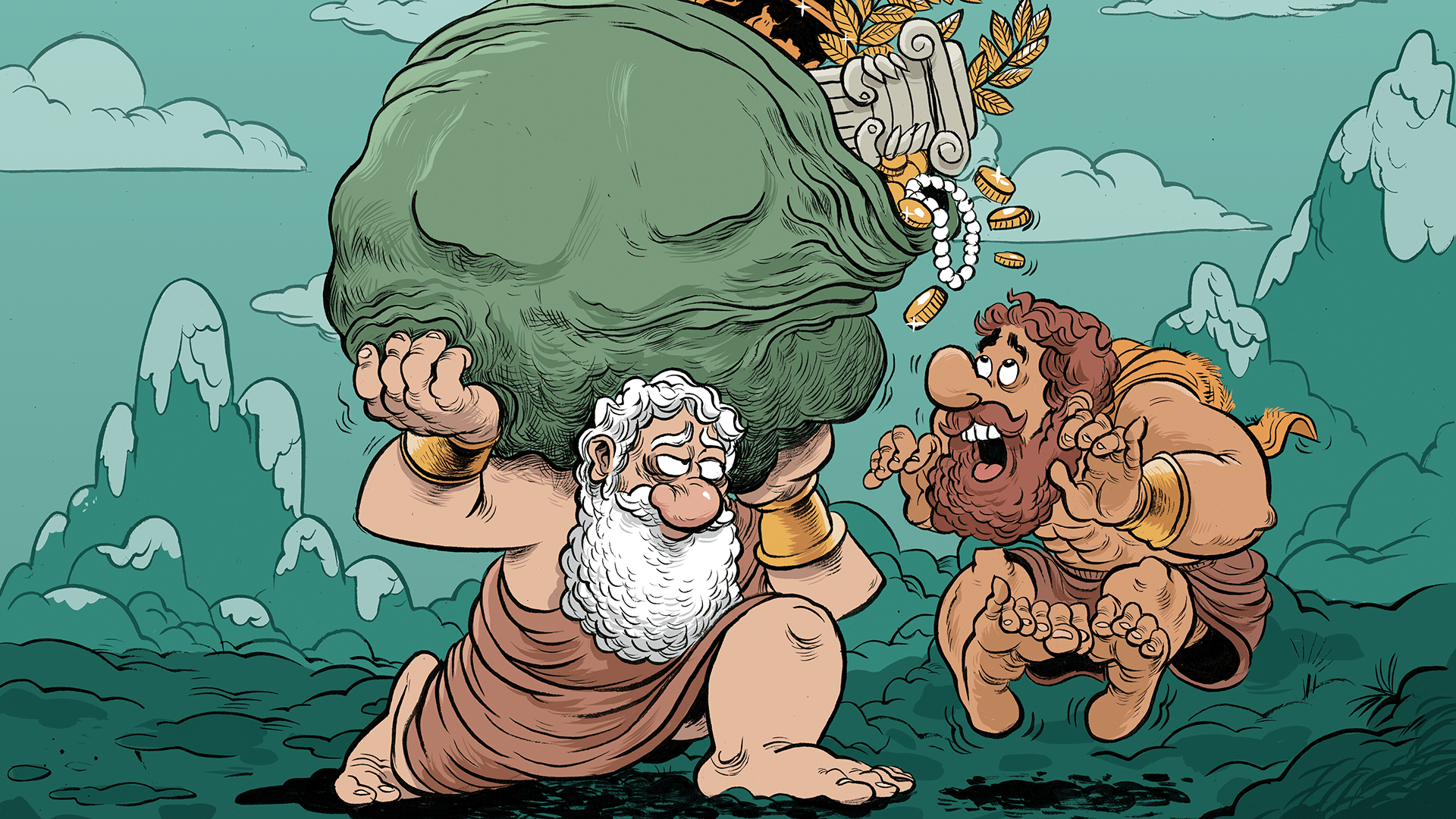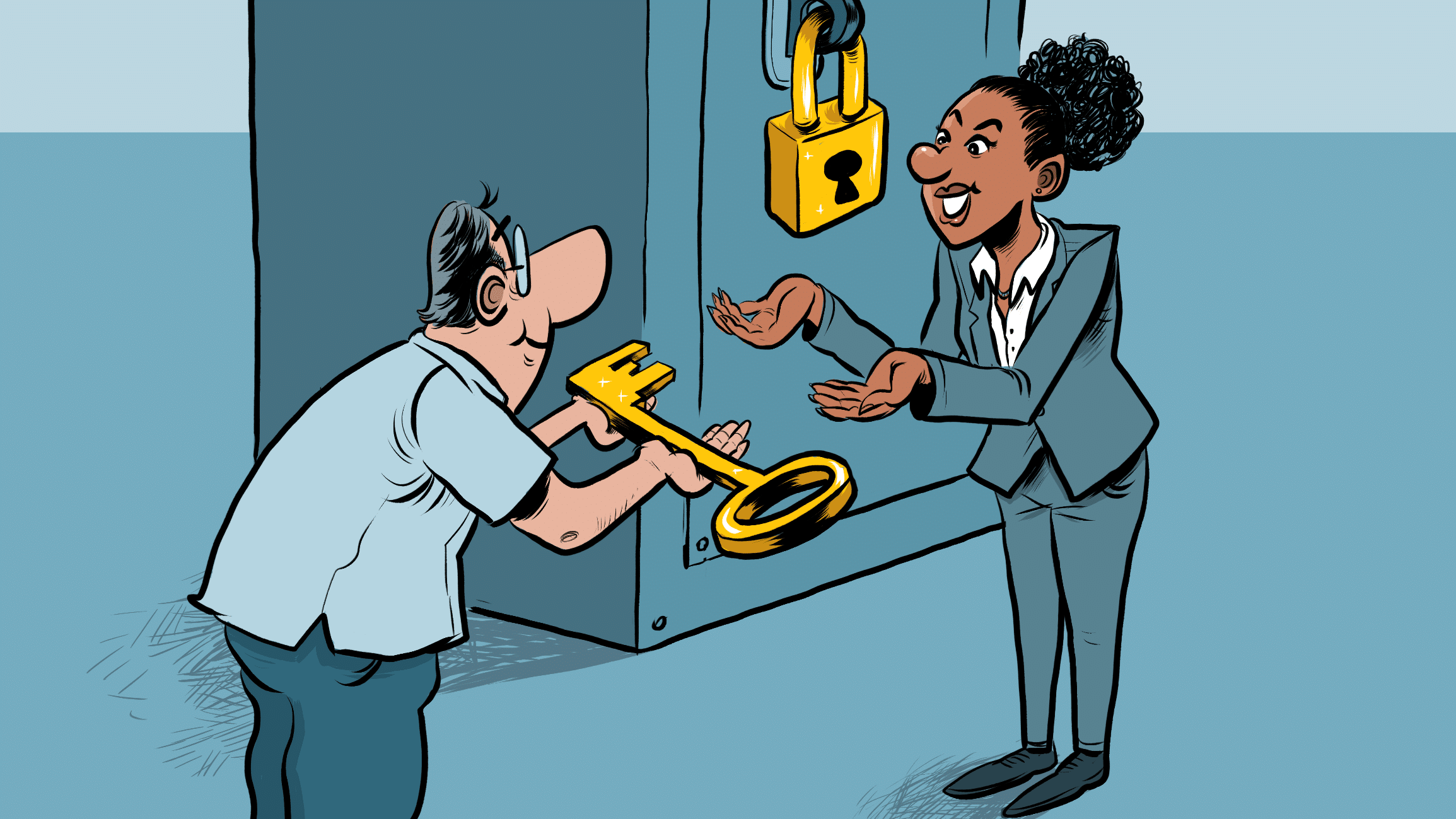
Why you shouldn’t put off writing a Will
Too many Canadians are dying without a Will, leaving children, heirs and assets in limbo. Here’s why you should consider writing your own will today.
March 2nd, 2023
We’re often surprised to hear about celebrities worth millions dying without a Will. Due to their fame, it seems unfathomable that someone who is consistently surrounded by wealth advisors, business consultants and lawyers would not have their estate in order should something happen to them. Without a Will, legal proceedings to divvy up an estate are the only way to decide who gets what. It’s a process that can be lengthy, expensive and ultimately not what the deceased wanted.
You might be equally surprised to learn that over half of Canadian adults do not have a signed Will.1 Why not? According to one poll, the most common reason is that most believe they’re too young.2 No one expects to die at a young age, so people often put off writing a Will until they’re in their 60s or 70s. Sadly, that could be too late.
“Anyone who can legally do so should have a Will,” says Nicole Ewing, Director Tax and Estate Planning, Wealth Advisory Services, TD Wealth. “If you die prematurely, no one — not a parent, not a spouse — has the automatic right to deal with your affairs.”
Here are a few (more positive) reasons to update your Will sooner rather than later.
You get to choose who will act on your behalf
Without a Will, your heirs have to apply to a probate court to divvy up your estate. The probate court will then appoint an administrator. Ultimately, the process can be lengthy and expensive.
“If you die without a Will in Canada, provincial legislation determines who may administer your estate, including decisions with respect to funeral arrangements, and where your assets will go,” says Ewing. “A common-law spouse or a step-child, for example, could be excluded entirely.”
In contrast, having a Will allows you to appoint an executor you trust to administer the estate affairs on your behalf. Because they wield significant power after you pass, it’s important to choose someone who is diligent, thorough and likely to survive you. Alternatively, you can hire a trust company that has knowledge of estates and probate.
In addition to managing your estate after you’re gone, your executor also has the authority to make funeral arrangements that reflect your wishes as well as wrap up any outstanding financial matters.
Which leads us to…
You have the last say when it comes to your assets
Whether you have millions of dollars in your account, or just a set of nice teacups, your Will allows you to decide where your assets go after you pass. Naturally, telling your heirs what you want to do with your stuff will make it easier on everyone. And a Will allows for that. If you don’t have a Will, estate law kicks in and ultimately your assets may be distributed according to the law, not your wishes. Further, without a Will, a court is likely to split assets between your closest relatives without taking your friends or “chosen family” into account. And if your relatives can’t be located? The government may even keep your assets.
If your estate plan is fairly straightforward, you may be under the impression you don’t really need a Will. But legal battles can break out with even the simplest of cases, and for good reason. For instance, what happens if you have a valuable asset that can’t be split evenly — like a cottage or a business? Things can get complicated without a roadmap. In addition to preventing infighting among those you want to inherit, a Will can also help to exclude those you don’t.
You decide who will look after your dependents
Wills aren’t just for distributing assets. If you have minor children, a Will allows you to name the person of your choice to take care of them after you’re gone. While ultimately the court will determine what it believes is in the best interest of the child, a parent’s reference can go a long way. In addition to naming the individual a parent would prefer, Ewing says “a Will can also include clauses to deal with when and how any inheritance would flow to your dependents.”
A Will can help minimize after-death taxes
The government may be an additional “heir” that few people think of but should. After all, passing on certain assets, like a cottage or vacation home, may result in a hefty tax bill. However, as Ewing points out, a well-constructed Will can potentially mitigate certain types of after-death taxes: “In Ontario, for example, there are two types of taxes payable on death, income tax and estate administration tax, commonly referred to as probate fees,” says Ewing. “And both types of tax can be minimized with proper planning.”
A Will can help you leave a legacy
Ewing warns that without a Will, no one has the authority to bequeath your money to the charities you cared about in life (and perhaps wanted to support in death). By sharing your charitable intentions with your advisor ahead of time, you can help ensure you leave the legacy you want.
Moreover, Ewing says your advisor may have recommendations about gifting that both reduce your tax bill and maximize the value of the charitable gift. She adds: “Canada’s charitable donation rules allow for significant opportunities, but the best outcomes require planning. It’s more important than ever to seek advice from your professional advisors to make sure your charitable gift is structured appropriately.”
None of us knows how much time we have left. That’s why making a plan now is so important. After all, you don’t want to leave the care of your dependents, your assets and your legacy up to chance. As you ponder next steps, remember that creating a Will doesn’t have to be expensive or time consuming. “If your affairs are simple and straightforward, the Will preparation process will be too. If they’re not, all the more reason to not leave your family members with the burden of sorting out your affairs,” says Ewing.
– MoneyTalk Staff
















